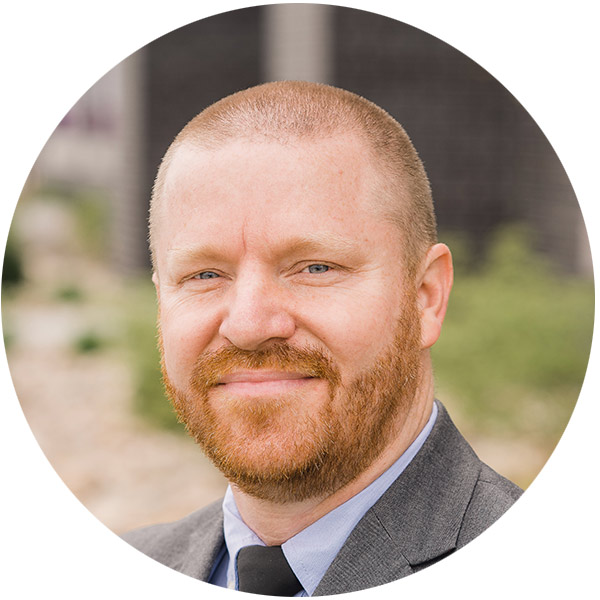Since teaming up with now-Lieutenant Governor Deidre Henderson in 2017 on our original Food Truck Freedom bill, we have continued our work to bring the benefits of a freer market to food truck operators and patrons. This past session, we joined with Representative Karianne Lisonbee and helped pass House Bill 146 which builds on the previous successes we’ve had with food truck-related legislation.
With the passage of HB 146, food trucks now have a number of headaches they no longer have to deal with. For example:
- Food trucks are no longer required to obtain additional licenses and inspections for each city or county in which they wish to operate. In other words, once they’ve received their business license from one location and had their truck inspected by the fire and county health departments — they can operate throughout the state without the hassle and cost of redundant processes.
- Food trucks are no longer subject to high regulatory fees. In fact, licensing fees are now restricted to no more than the actual cost of processing the license.
- The definition of “food truck” has been clarified to include ice cream trucks.
With these amendments, food truck operators now enjoy similar freedoms that other mobile businesses (such as caterers and contractors) have, can more easily make a living for themselves, and provide jobs for those they employ. Furthermore, citizens all across Utah can now benefit from more food options in more locations.
We applaud the members of the House Business and Labor Committee and the Senate Government Operations and Political Subdivisions Committee for considering and unanimously recommending the bill. We further applaud the House of Representatives and Senate for passing the bill with very strong support.





